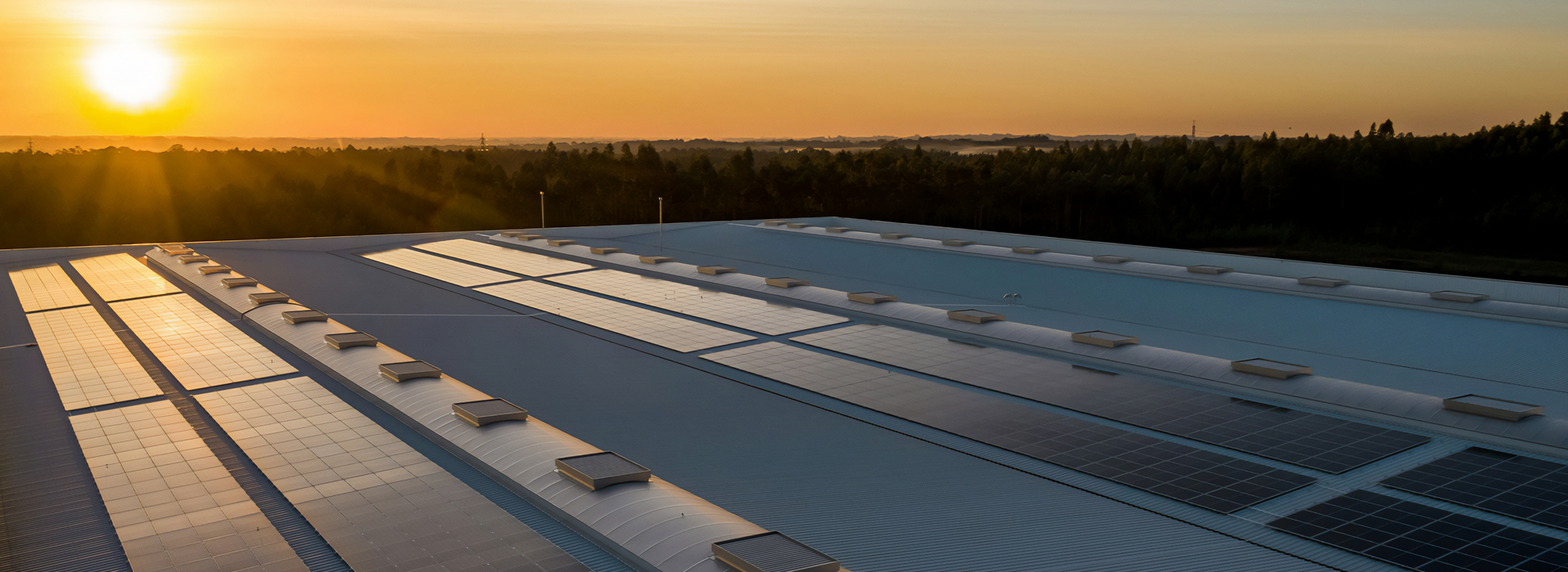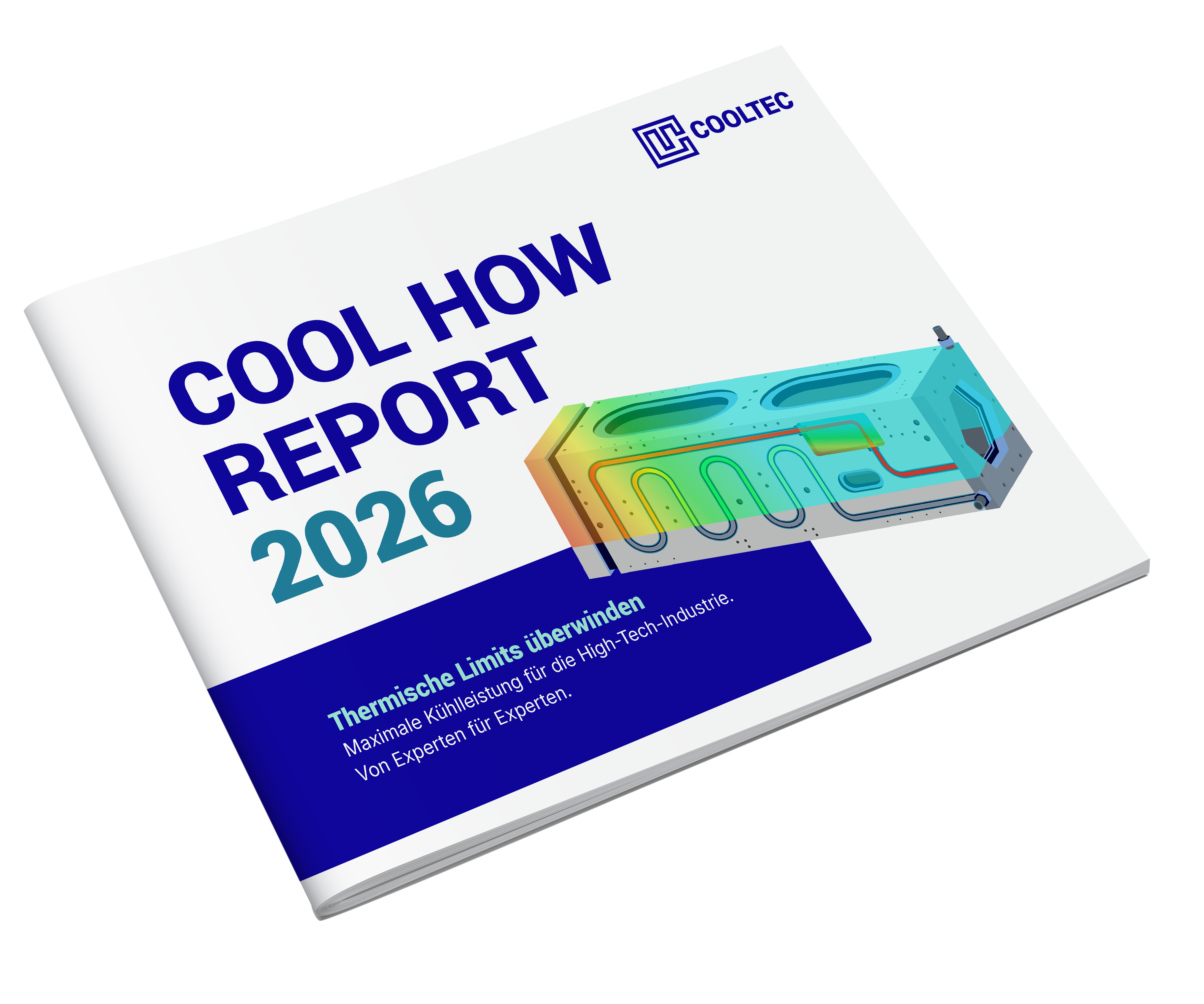
Power Supply: High-performance cooling for maximum grid stability
Whether in substations, power plants, or smart grids – COOLTEC cooling solutions ensure precise thermal management even under the toughest conditions.
Why cooling is crucial in power supply
In power supply systems, electronic equipment operates under high thermal loads. Without targeted cooling, overheating, performance losses, and failures threaten efficiency, operational safety, and system lifespan.
Our high-performance coolers ensure that systems achieve maximum performance in limited space, maintain stable temperatures even under extreme conditions, and minimize downtime and maintenance. Optimized thermal management also improves energy efficiency, giving operators a clear competitive advantage through reliable, high-performance cooling.
Learn more in a conversationWithout targeted cooling, you risk:
Overheating of power electronics → performance loss and system instability
Shortened lifespan of critical components such as transformers and rectifiers
Failures during high-load phases → potential impact on entire grid sections
Increased maintenance effort and energy consumption
COOLTEC solutions for power supply
COOLTEC solutions ensure temperature control in substations, power plants, and smart grids. This enables transformers, rectifiers, and power electronics to operate reliably under continuous load and high thermal stress.
Higher system performance in the same space
Stable operating temperatures even under extreme conditions
Reduced downtime and maintenance effort
Improved energy efficiency through optimized thermal management
Bring your system to peak performance
From prototype development to series production: COOLTEC ensures stable temperatures, less downtime, and optimal performance.
Frequently Asked Questions
Electronic components in power plants, substations, and smart grids operate under high thermal loads. Without targeted cooling, performance losses, shortened component lifespan, and system failures can occur. COOLTEC high-performance coolers ensure stable operating temperatures, maximum output, and increased operational safety.
COOLTEC uses modular high-performance coolers, liquid cooling systems, and heat exchangers designed specifically for high-load applications in power supply. Our systems are robust, energy-efficient, and optimized for dynamic load changes.
Yes, our solutions are modular, scalable, and flexibly adaptable – from prototype to mass production. We integrate our cooling systems seamlessly into existing power supply and distribution infrastructures.
- Inverters and rectifiers
- Transformers and generators
- Energy storage systems (batteries, supercaps)
- Control and monitoring systems in smart grids
Our engineers work directly with your team to optimally install high-performance coolers. We take into account system architecture, load profiles, and maintenance requirements to implement cooling efficiently without altering overall design.
Optimized thermal management reduces energy losses, lowers operating costs, and extends the lifespan of critical components – improving both reliability and performance of power supply systems.
Get your Cool How Report 2026 now
Efficient thermal management for the high-tech industry
Learn how to optimize cooling for high-tech applications – with solutions that are efficient, reliable, and ready to implement.
Download report